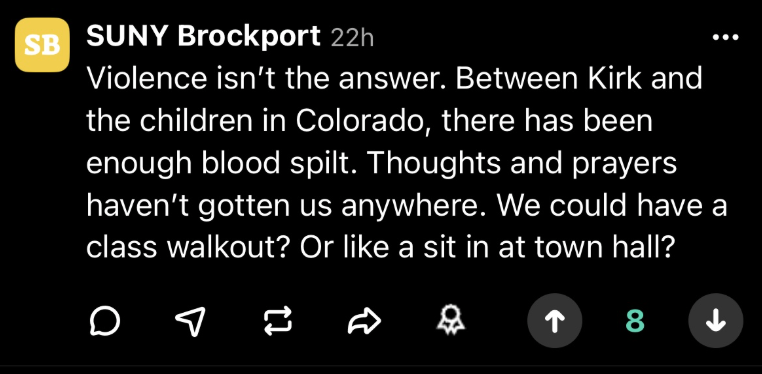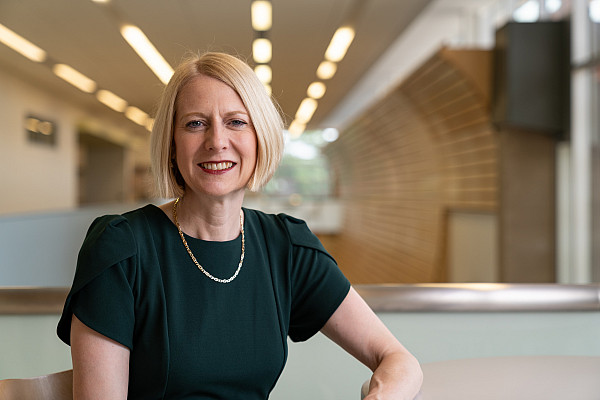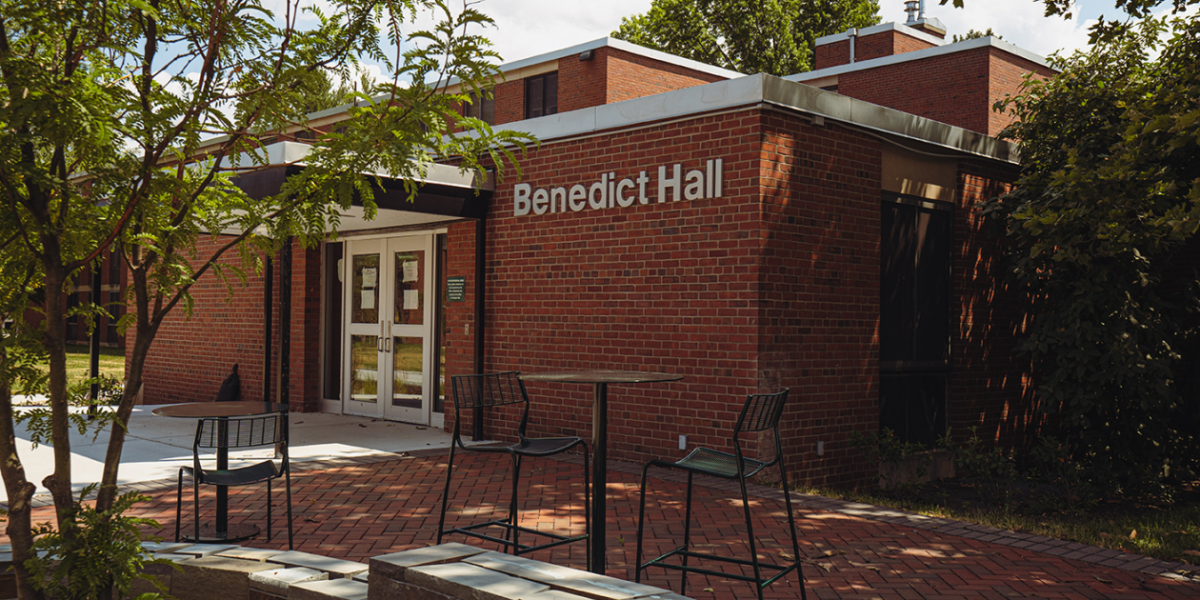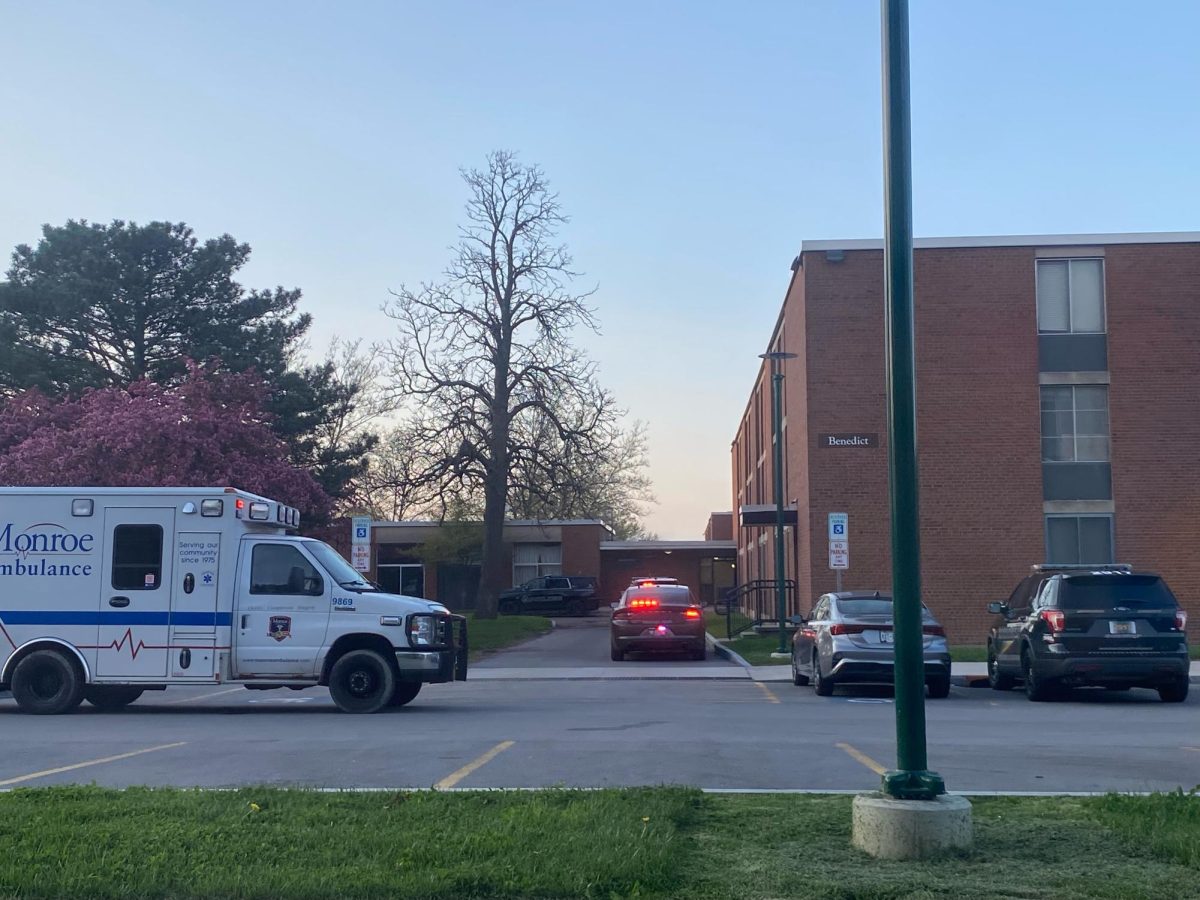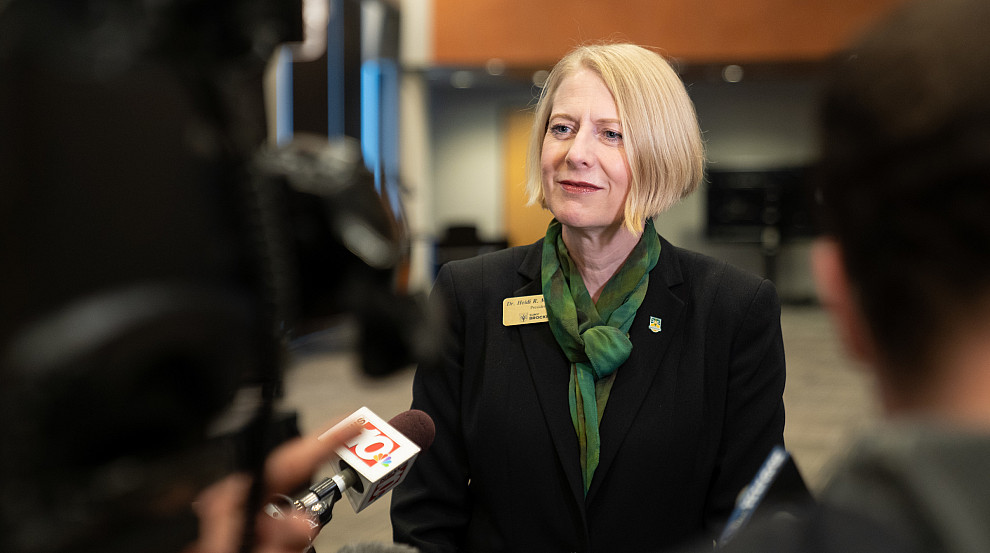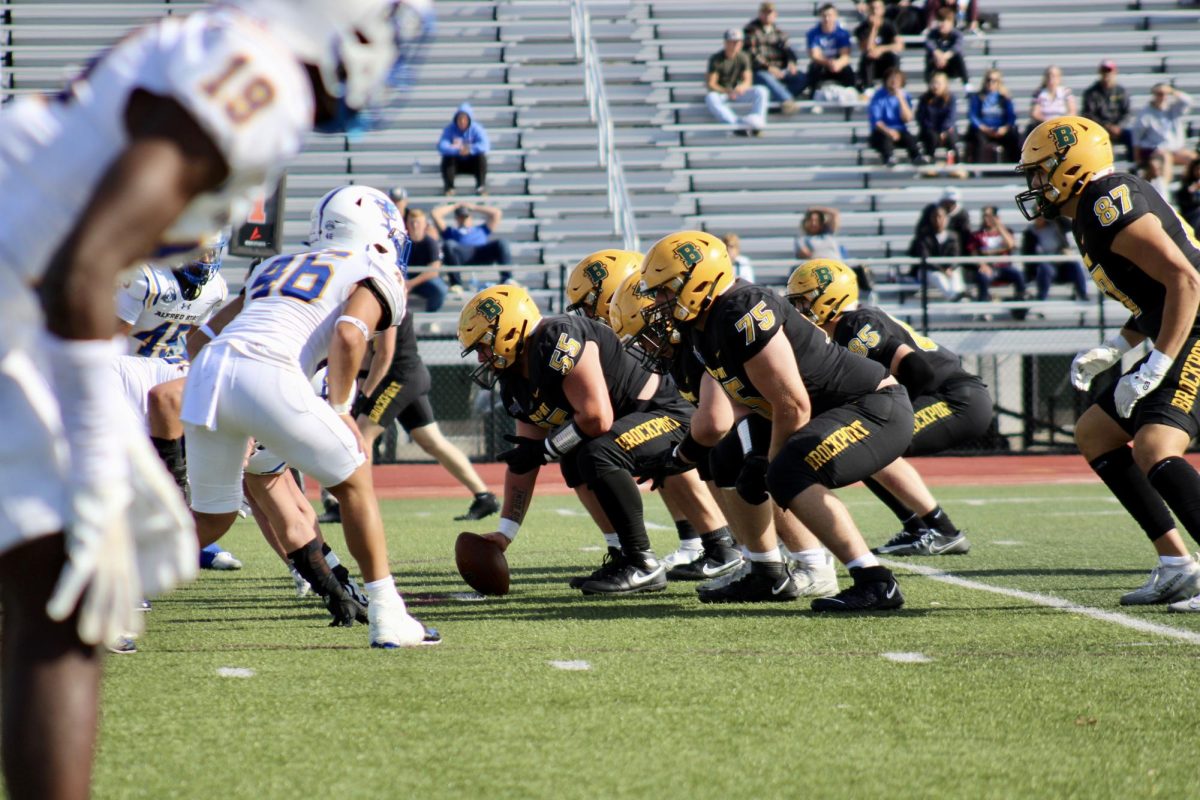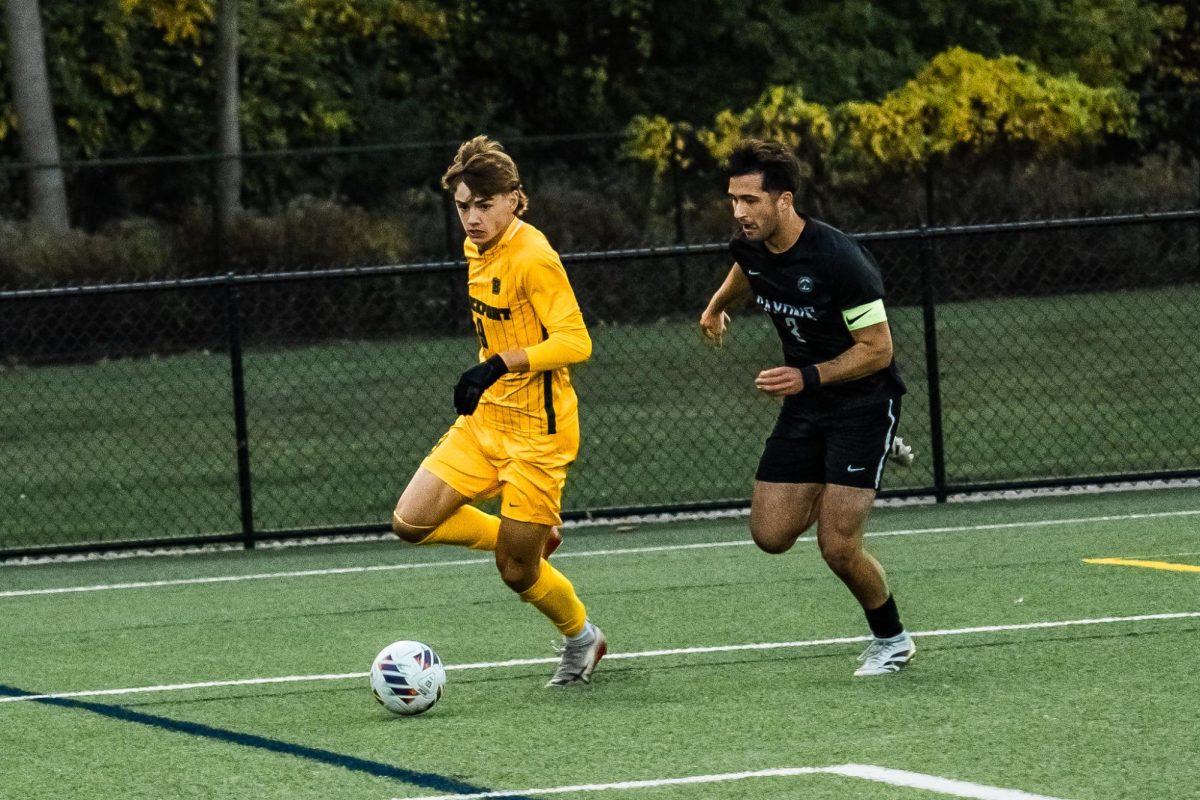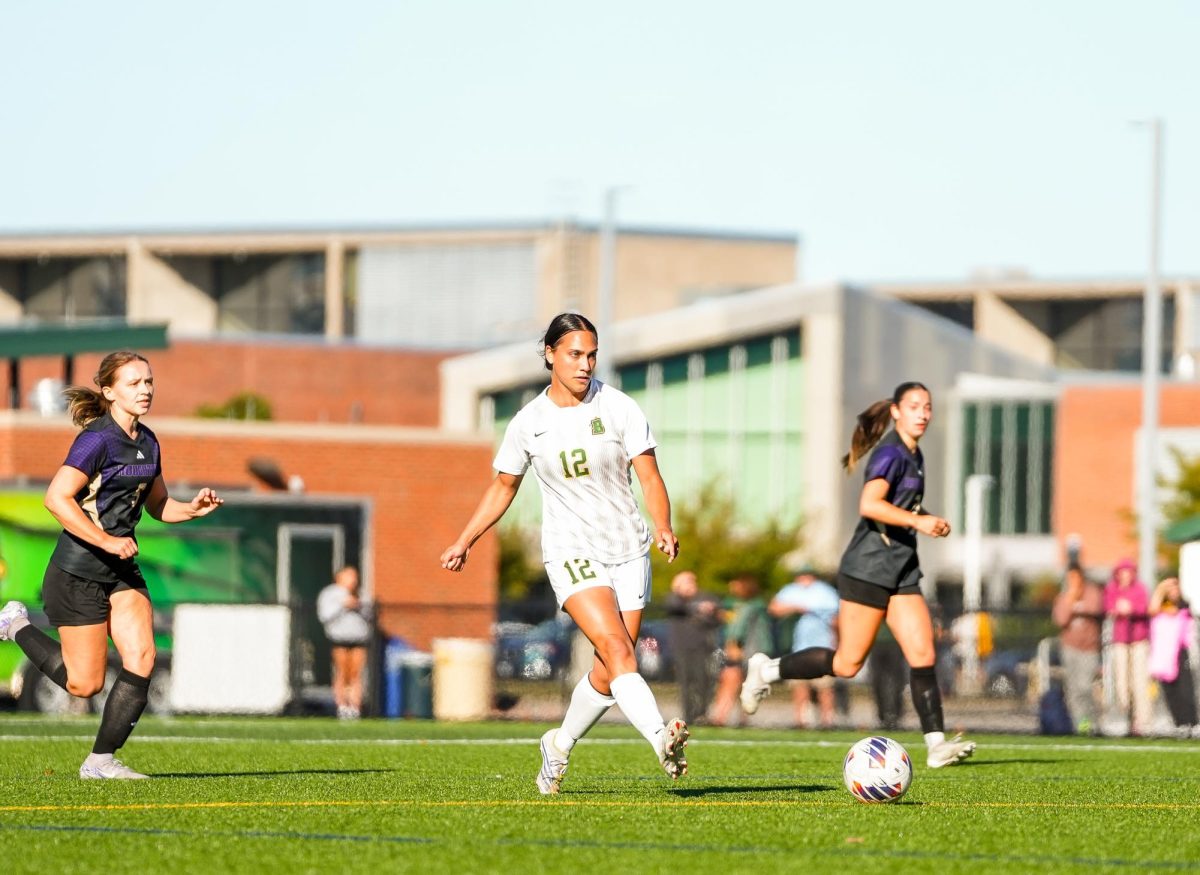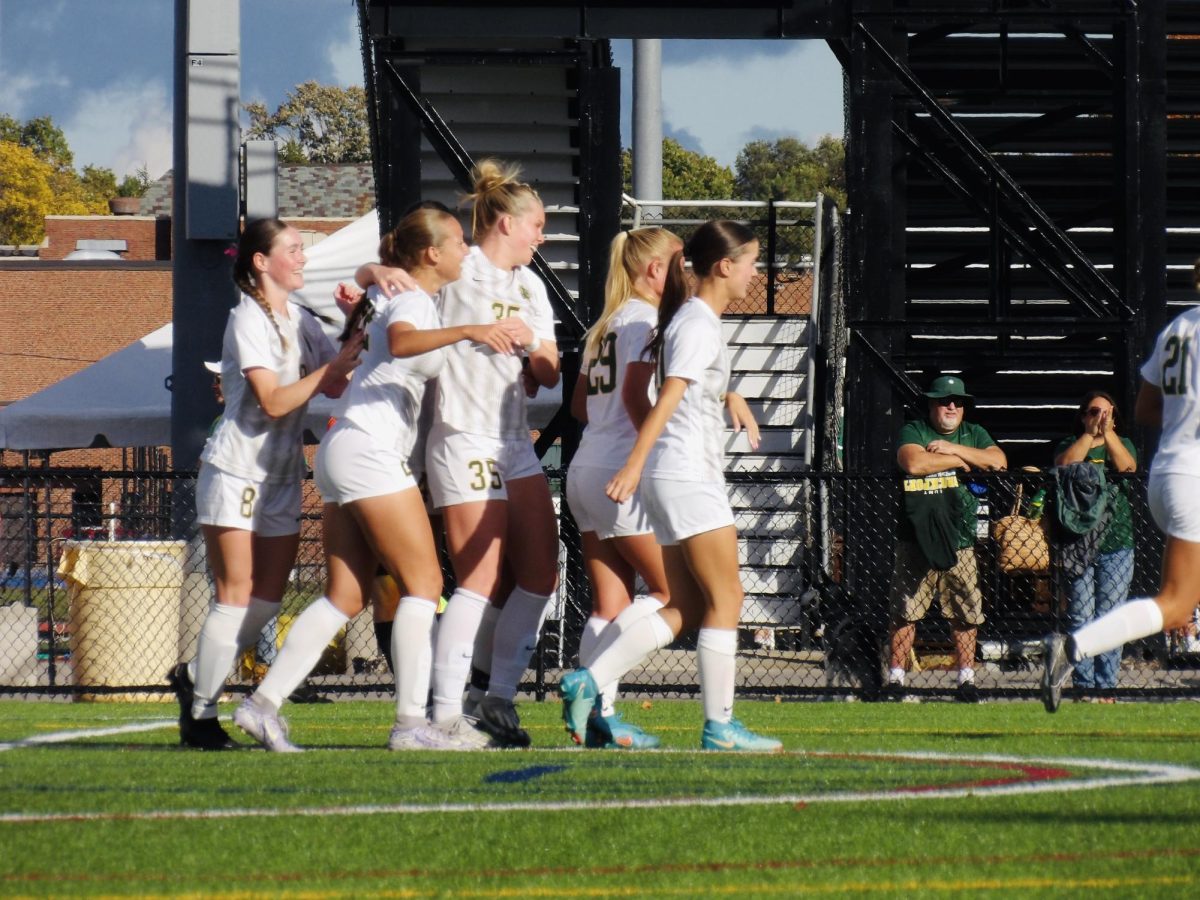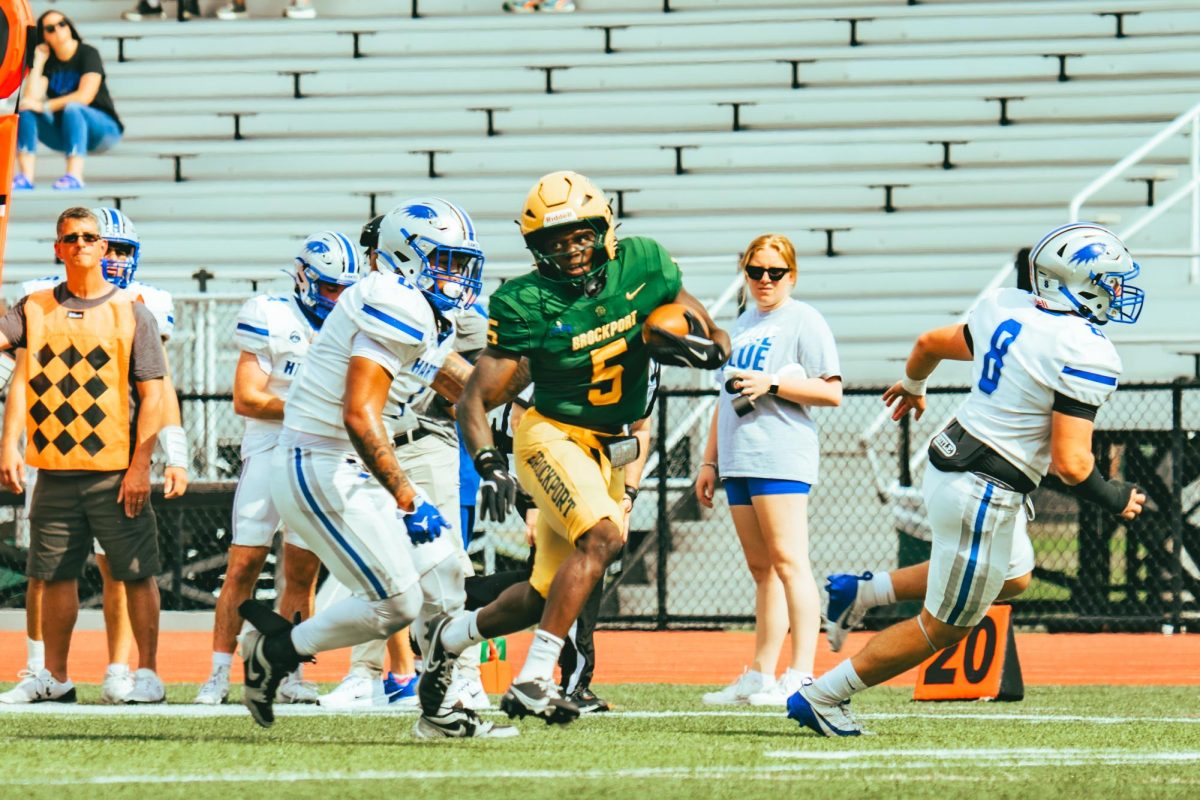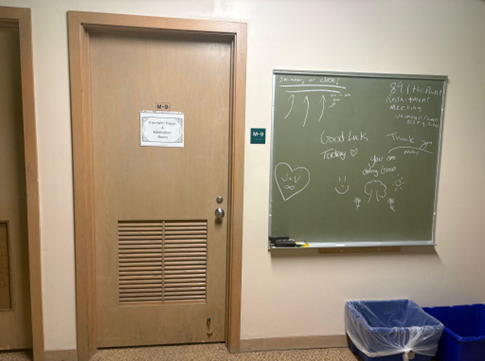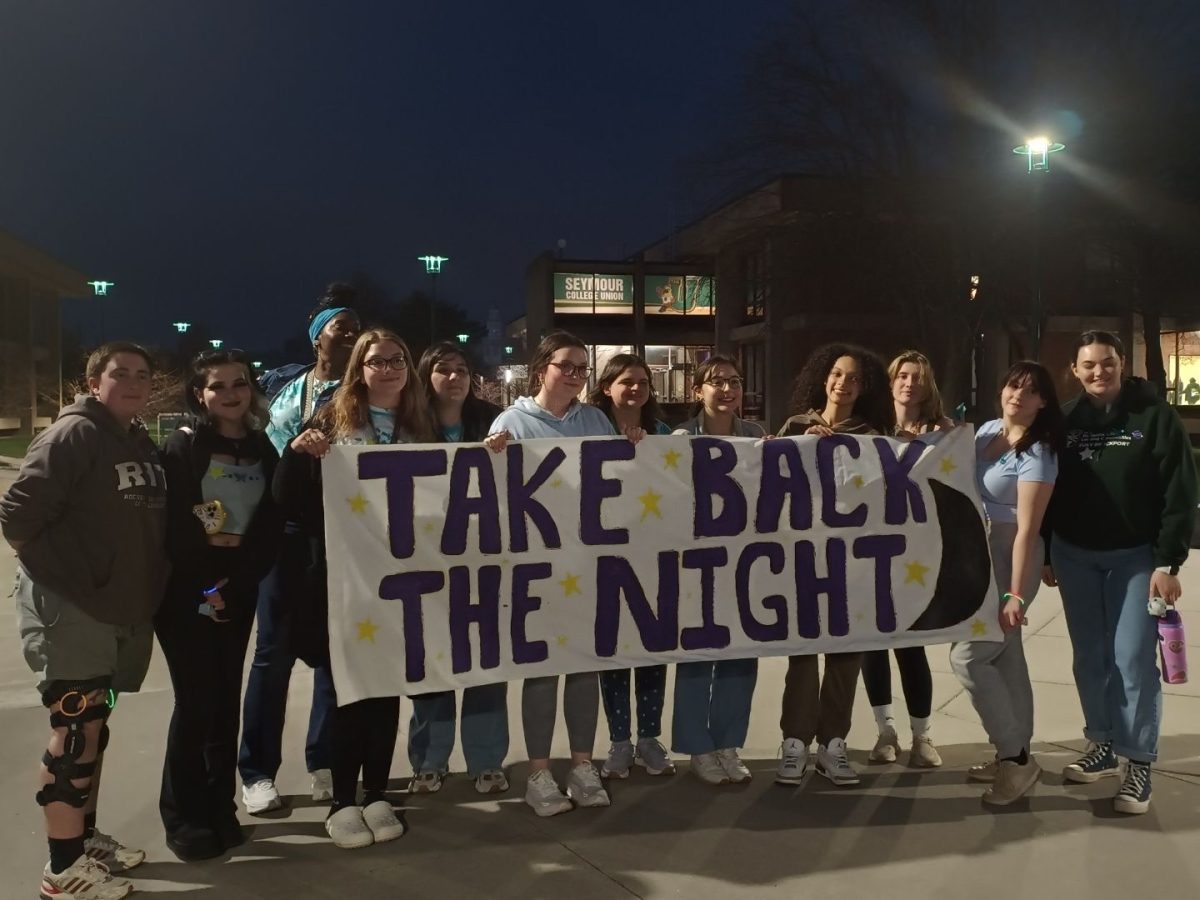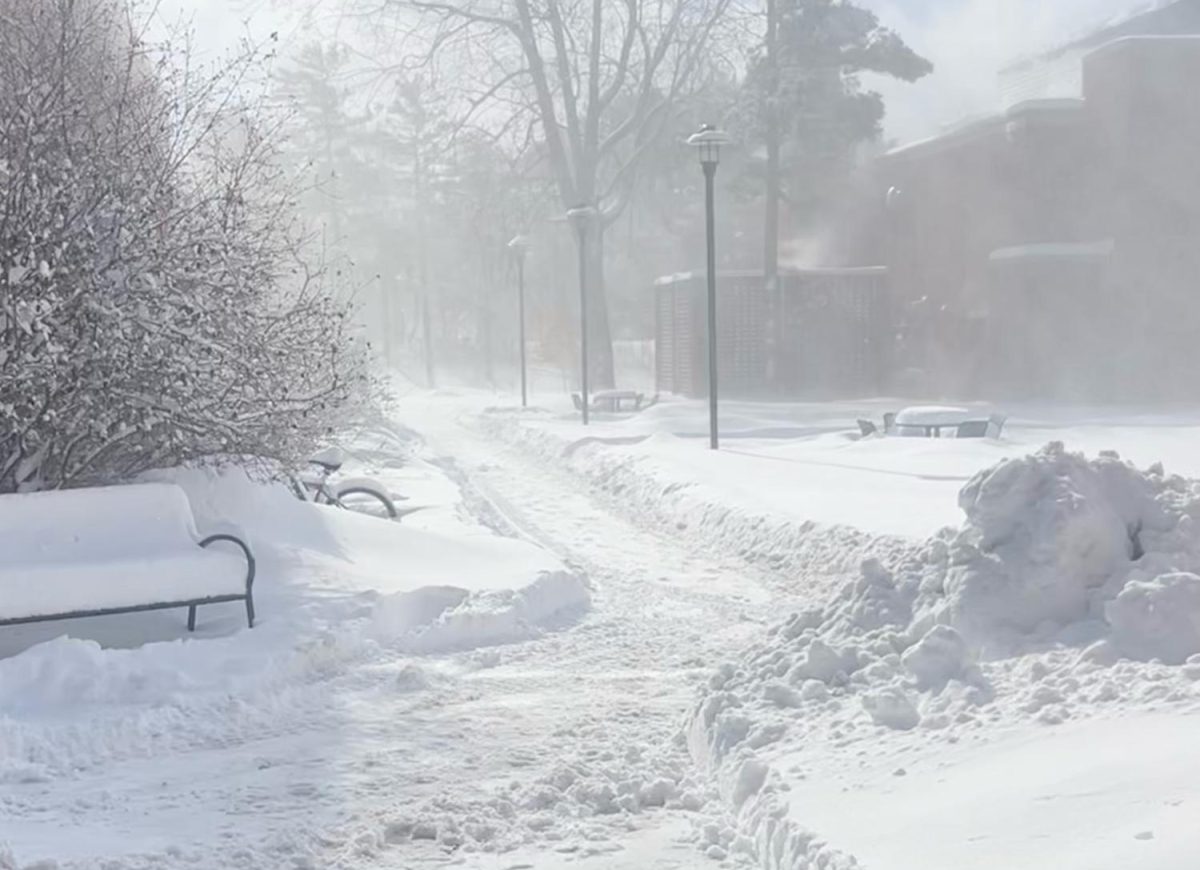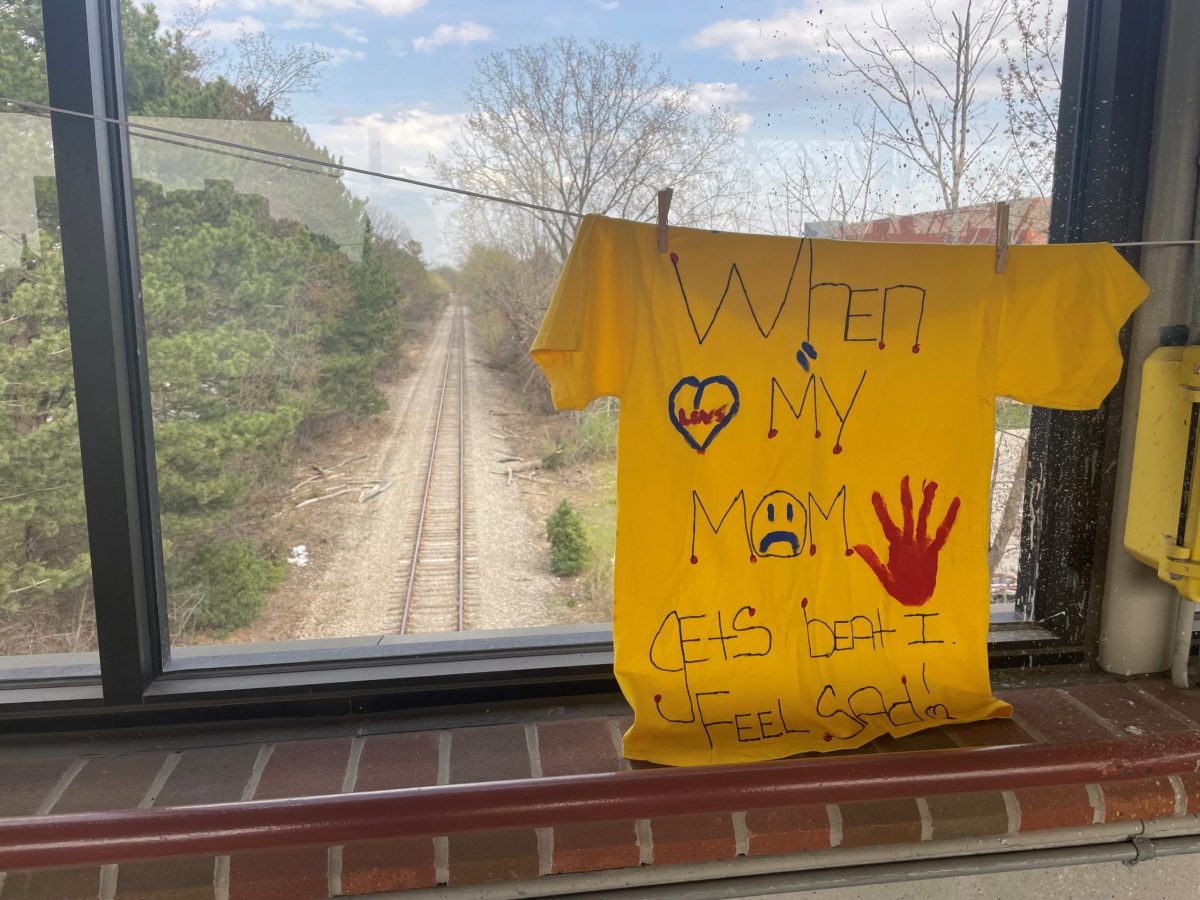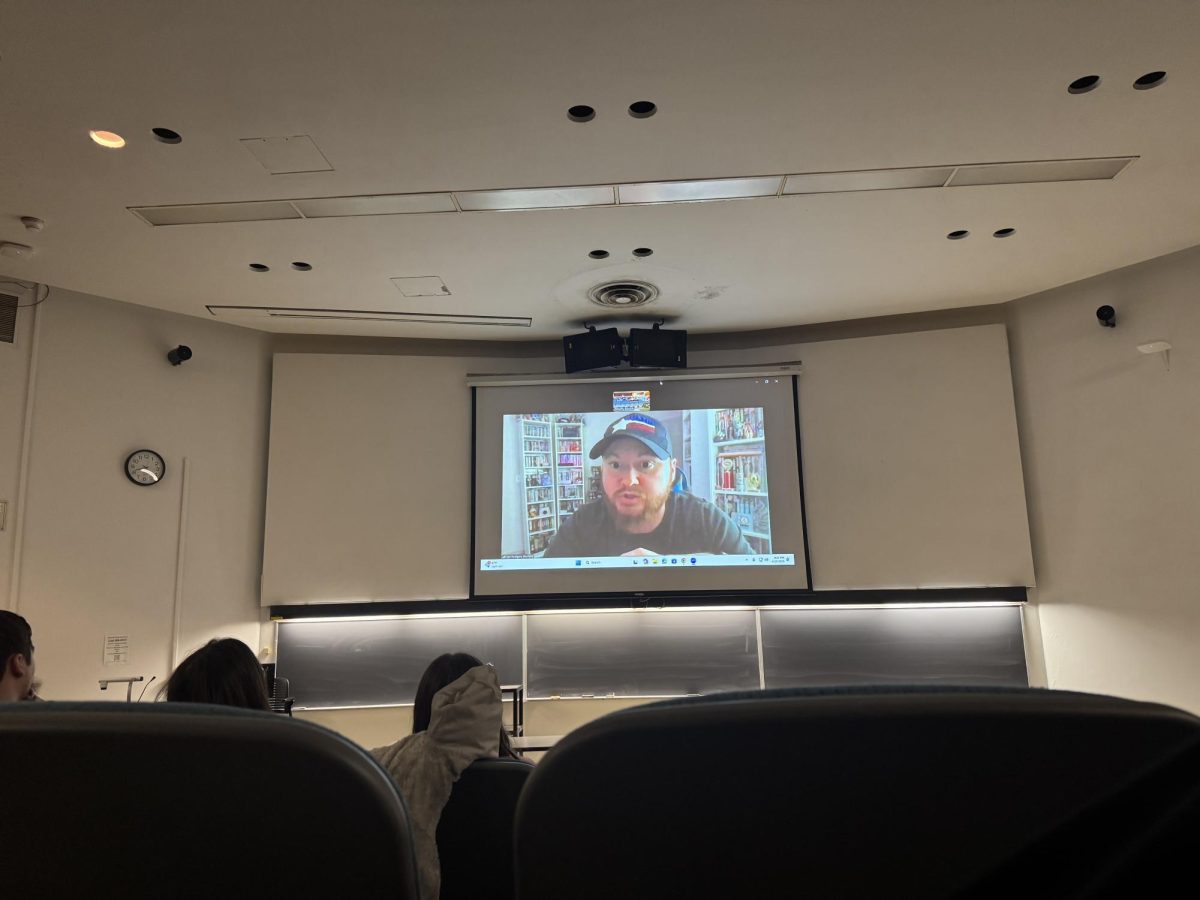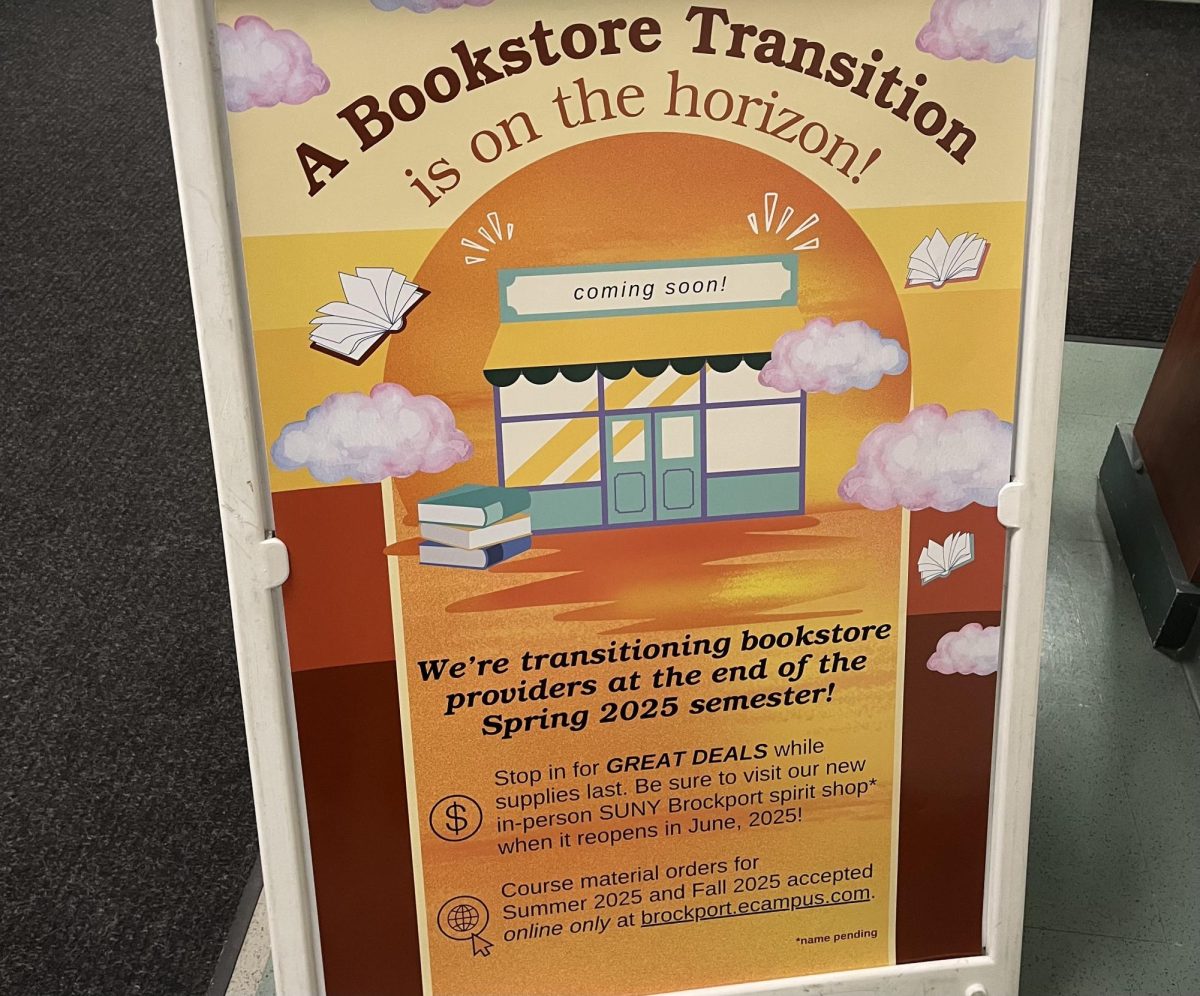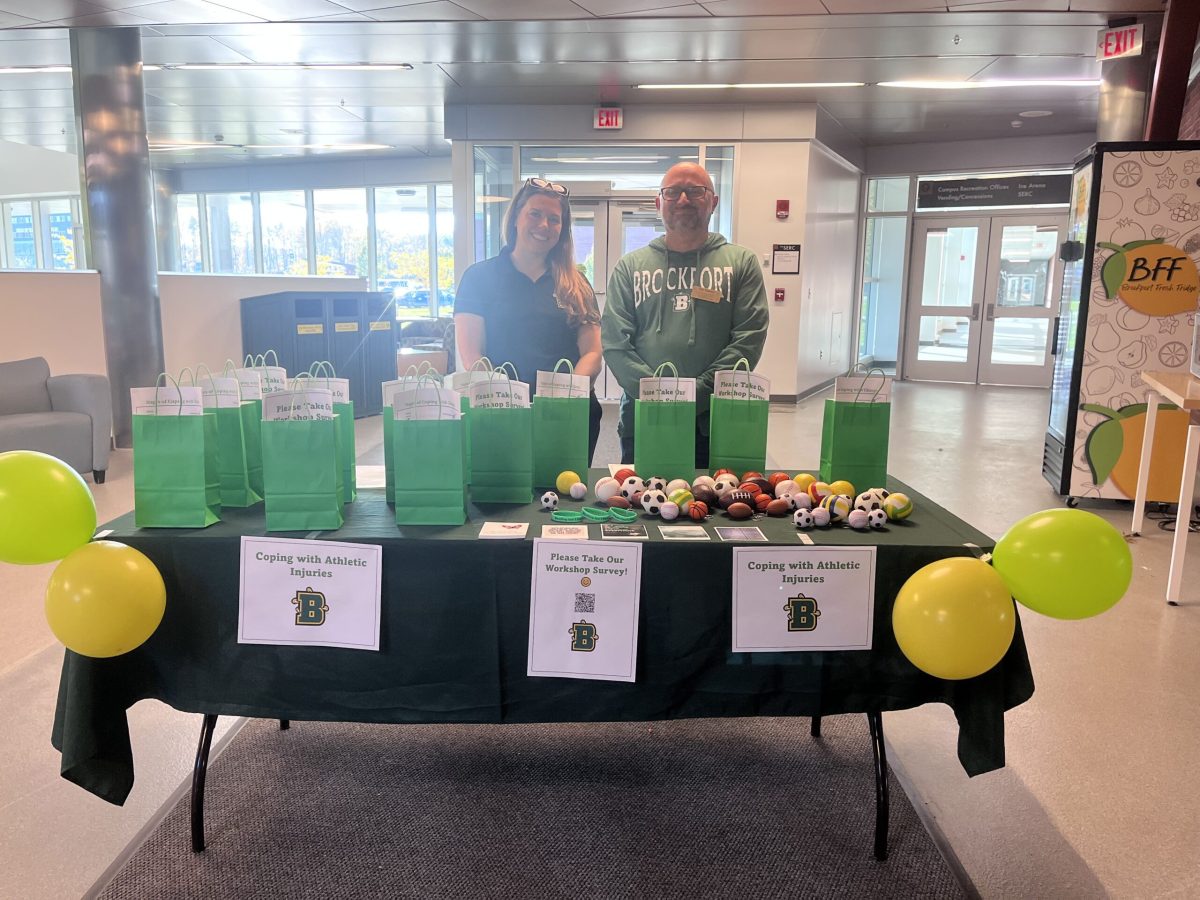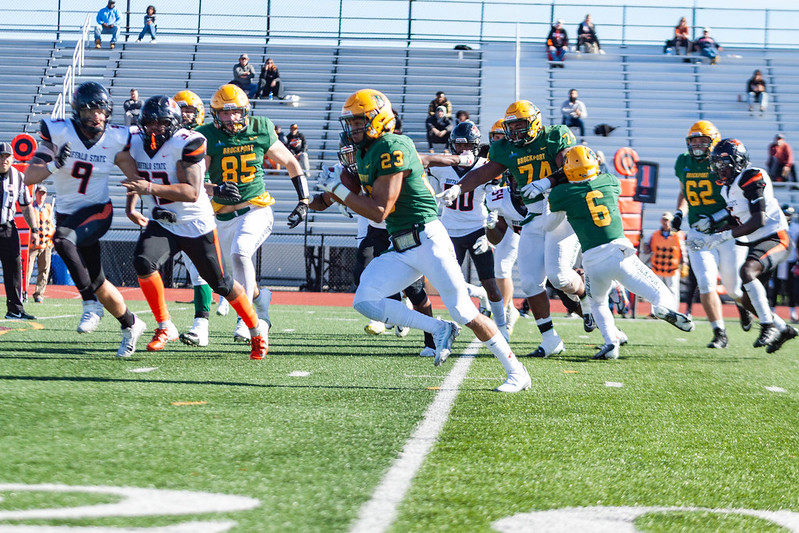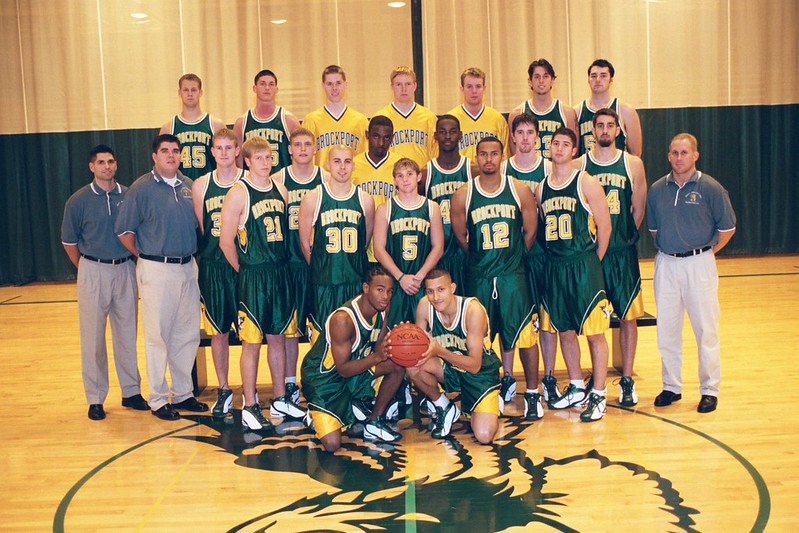Since elementary school, women are told to not wear shorts above the tips of their fingers and to not wear “spaghetti straps” because it is “distracting” to men. Rules like these have been carried into adulthood for women who are told not to walk home alone from parties at night, to not wear dresses too short or to not drink too much because they don’t want someone to take advantage of them.
Blaming women for the tragic things that happen to them is a common reaction in our society. If a woman is sexually assaulted, the first question asked always includes the word “you.” “What were you doing that led to this?” “What were you wearing when you were at the bar?” “Were you watching your drink?” “Why did you go to his house?”

Despite “Me Too” movements on social media encouraging women to speak up, experts say most are scared no one will listen to or believe them. Two SUNY Brockport social work students have stepped up to make a difference on campus by holding an event that encourages women to take control and start the conversation about their past experiences.
Social work students Kina Bradsmith and Taylor Thomas have seen the reality of how few sexual assault cases are often reported and how few women seek help for what happened to them. In response, they created the Clothesline Project as a way to bring awareness to the commonality of sexual assault, while offering support to women who have experienced violence.

Bradsmith says whether its sexual assault, domestic abuse or any other form of violence, it’s difficult for women to come forward to report what has happened to them.
“I think a lot of times, women can be in a situation, and they feel there’s no way out,” Bradsmith said. “A lot of times, I think the abuser kind of isolates them off and makes it seem like this is their fault.”
The Clothesline Project,which took place on Monday, April 18, featured organizations like Willow and Title IV to help provide information on how to contact them for services, their location and what they do. This will bring their services and education to students who have experienced violence and haven’t had the encouragement or strength to self-report or seek support right.

T-shirts were hung through the bridge that connects Drake Memorial Library to Tuttle, each representing a different woman’s story. There was an area for students on campus to make their own T-shirt that will tell their story— a more discrete but also powerful way for women to speak out against their abuser.
High school health classes barely brush on the subject of sexual and domestic violence and colleges touch on it only during freshman orientation. Yet, incidents like these are common and many go unreported.
According to Rainn, The Criminal Justice System Statistics, out of 1000 sexual assaults, 975 perpetrators will walk free. Only 310 cases are reported to the police, and out of those, only 50 reports lead to an arrest. 28 cases will lead to a felony charge and 25 perpetrators will be incarcerated. Whether it’s due to lack of evidence in prosecution, faulty investigations or lack of self-reporting, it’s common for those who commit violent sexual crimes to get away with it.
Thomas says it’s important to talk about the subject and bring light to a societal problem that is larger than just a college campus.
“A big part of this is normalizing the fact this does happen, this isn’t some rare occurrence,” Thomas said. “It’s not someone’s fault because of what they were wearing, what they were drinking or anything like that if they were walking alone. There are always going to be people who victim blame, there are always going to be people who are okay with raping and using other people. I don’t think it’s necessarily a thing that anyone can fully stop. But extending that olive branch and beginning to open up a safe space for conversation to be had and even plant a kernel in someone’s mind like ‘It’s not my fault. I’m not lesser because of what happened to me’.”
Bradsmith and Thomas ran the Clothesline Project along with the support of the social work program on Monday, April 18 from 10 a.m. to 6 p.m. on the bridge leading to Drake Memorial Library. There were outreach specialists present representing Title IV, RESTORE, Prevention Outreach Services, Hazen Counseling Center and Willow.


